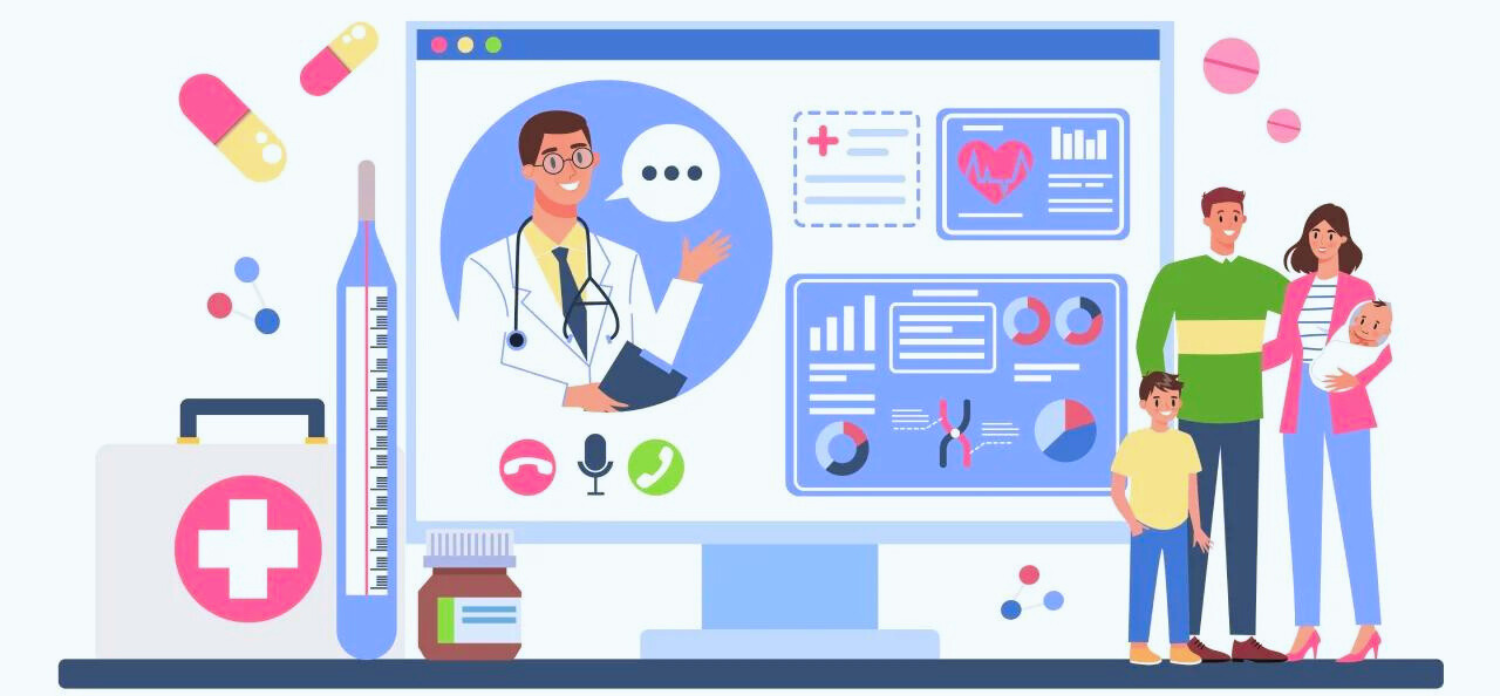Let’s delve into the world of Hospital Management Systems (HMS). These comprehensive software solutions play a pivotal role in streamlining and enhancing the efficiency of healthcare facilities.
Here’s what you need to know :
-
What is a Hospital Management System (HMS)?
- An HMS (also known as a Hospital Information System or Healthcare Information System) is an integrated software that handles various aspects of clinical workflows.
- It manages
- Administrative tasks : Including patient registration, appointment scheduling, and billing.
- Medical processes : Such as patient records, prescriptions, and treatment plans.
- Legal compliance : Ensuring adherence to regulations and standards.
- Financial control : Managing expenses, revenue, and financial transactions.
- Essentially, it serves as the cornerstone for the successful operation of any healthcare facility.
-
Key Features of Hospital Management Systems :
- Patient-Centric Approach : The system focuses on providing a smooth experience for patients, staff, and hospital authorities.
- Streamlined Workflows : It automates routine tasks, coordinates employee communication, and ensures uninterrupted supply chains.
- Human Resource Management : Helps manage staff records, schedules, and payroll.
- Financial Management : Handles billing, insurance claims, and financial transactions.
- Quality and Security : Maintains high standards of quality and security in healthcare services.
- Patient-Oriented Workflows : Designing processes that prioritize patient care and satisfaction.
- Advertising Services : Promoting hospital services effectively.
- Supply Chain Management : Ensuring a steady supply of essential resources1.
-
Advantages of Hospital Management Systems :
- Efficiency : Automating processes reduces manual effort and speeds up operations.
- Accuracy : Minimizes errors in patient records, billing, and other administrative tasks.
- Data Centralization : All relevant information is stored in one system, making it easily accessible.
- Improved Patient Care : Streamlined workflows allow healthcare professionals to focus more on patient well-being.
- Cost-Effective : Efficient resource utilization leads to cost savings.
- Compliance : Helps meet legal and regulatory requirements.
- Enhanced Decision-Making : Access to real-time data aids in informed decisions.
- Patient Satisfaction : Smooth processes contribute to a positive patient experience.
Remember, an HMS isn’t just software; it’s a powerful tool that empowers healthcare providers to deliver better care while managing administrative complexities.
